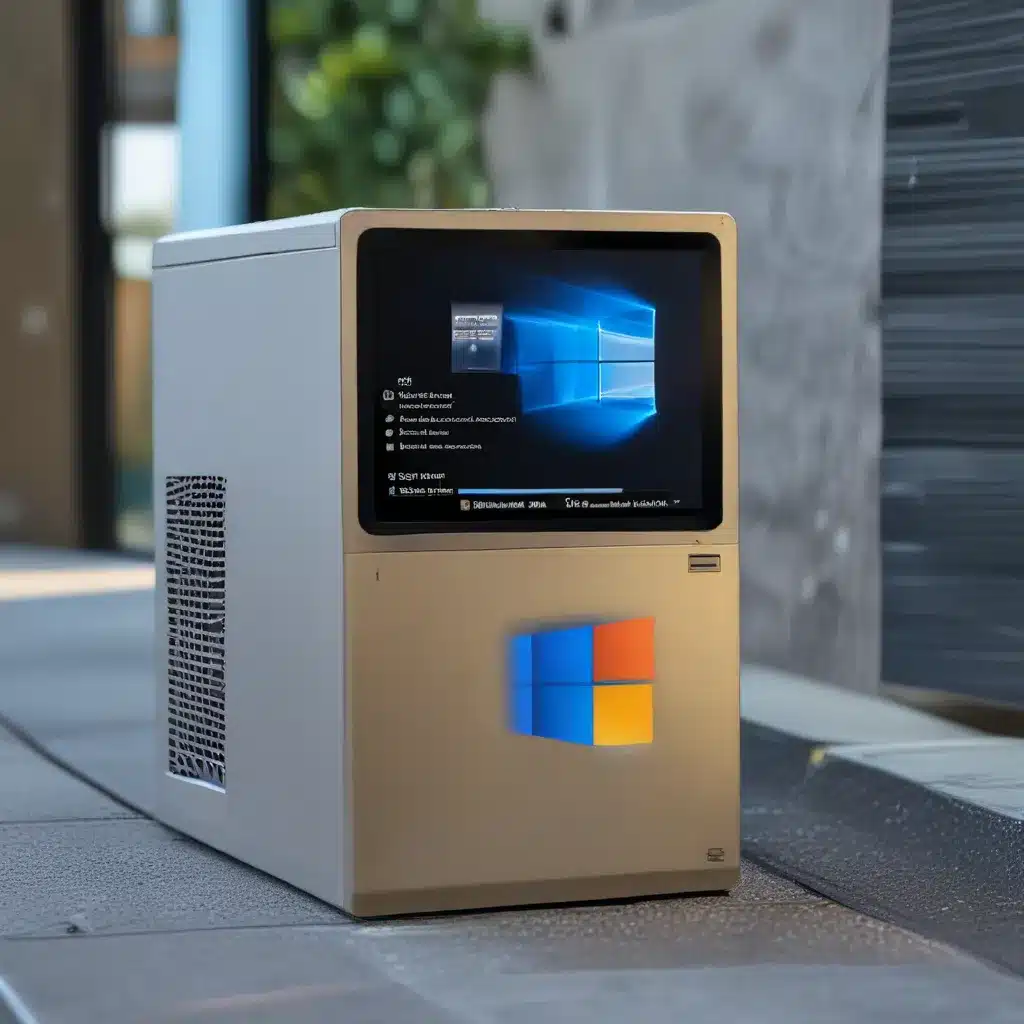
The Great Windows 11 Compatibility Conundrum
As a self-proclaimed tech enthusiast, I’ve always taken pride in my ability to keep up with the latest software updates and hardware trends. But recently, I found myself in a bit of a quandary when it came to upgrading to Windows 11. You see, I’ve had my trusty old PC for years, and the thought of having to replace it just to run the newest Windows operating system didn’t sit well with me.
The Mysterious System Requirements
I started my research by diving into the official Microsoft documentation, which outlined the system requirements for Windows 11. Now, I consider myself a fairly tech-savvy individual, but some of these requirements had me scratching my head. Apparently, my computer needed a specific type of processor, a certain amount of RAM, and even a specific version of UEFI secure boot. It felt like Microsoft was playing a cruel game of “guess the magic number” with my poor machine.
According to one Microsoft forum post, the company has “no plans to support older hardware” for Windows 11. This left me feeling a bit dejected, as I had hoped to simply download the update and carry on with my life. But then I stumbled upon a ray of hope – a Reddit thread that suggested the system requirements might not be as set in stone as Microsoft would have us believe.
Challenging the Limits
The Reddit post raised an interesting point: “If said blocks are removed or circumvented, then Win11 installs and runs just fine on any computer that can run Win10, right?” This got me wondering – could there be a way to bypass these arbitrary restrictions and get my older PC running Windows 11?
As I continued my research, I stumbled upon a Quora post that delved even deeper into the technical aspects of this conundrum. The author argued that the system requirements were more about Microsoft’s desire to “push newer hardware” rather than any genuine technical limitations. This gave me hope that with a little elbow grease, I might be able to get my computer up and running with the latest Windows operating system.
The Great Experiment
Determined to put my tech skills to the test, I decided to take the plunge and try to install Windows 11 on my older PC. I won’t lie, it was a nerve-wracking process, and I had my fair share of frustrations along the way. But, in the end, I managed to successfully bypass the system requirements and get my computer running the newest Windows operating system.
The process wasn’t without its challenges, and I had to do a lot of troubleshooting and tinkering under the hood. But the sense of accomplishment I felt when I finally saw the familiar Windows 11 desktop was truly priceless. It was like unlocking a secret achievement in a video game – a little victory over the system that had initially tried to hold me back.
Embracing the New, Respecting the Old
Now, I know that not everyone will be as comfortable or willing to go through the same process I did. And that’s completely understandable – not everyone has the time, patience, or technical know-how to tackle such a project. But for those of us who are a little more adventurous, and who value the ability to customize and control our computing experience, the opportunity to breathe new life into our older PCs is truly a gift.
At the end of the day, my journey with Windows 11 on an “unsupported” machine has taught me an important lesson: sometimes, the best way to stay ahead of the curve is to challenge the status quo. By embracing the new while respecting the old, we can unlock a world of possibilities and keep our beloved devices running smoothly for years to come. And who knows – maybe I’ll even start my own computer repair service one day, helping others navigate the ever-evolving world of technology. Until then, I’ll be tinkering away in my home workshop, dreaming of the next great tech adventure.












